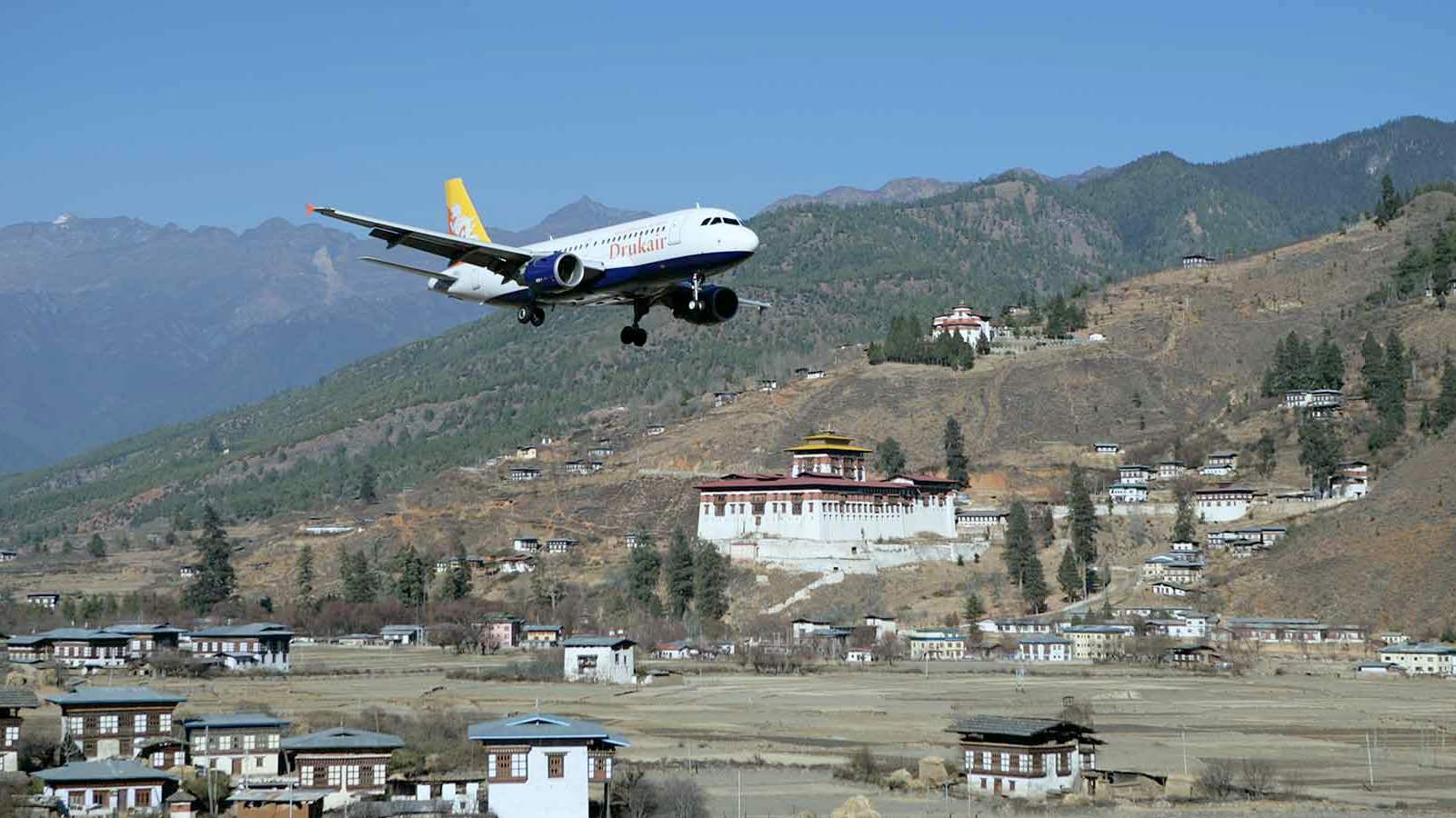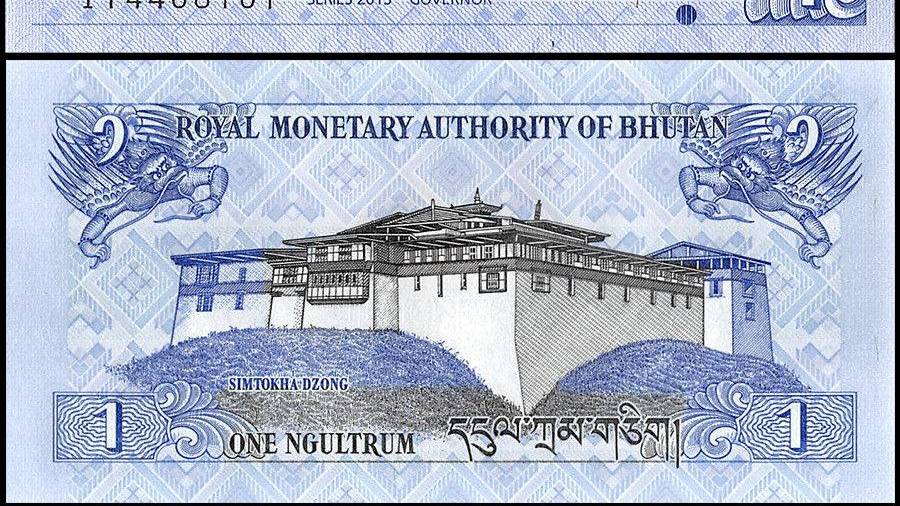Embarking on a journey to the enchanting kingdom of Bhutan from India promises an experience like no other. Nestled in the Eastern Himalayas, Bhutan offers a unique blend of natural beauty, rich culture, and spiritual serenity. This guide aims to provide you with comprehensive insights and practical tips for planning an unforgettable Bhutan tour.
Welcome to Amen Bhutan Tours and Treks, your gateway to an extraordinary journey through the enchanting kingdom of Bhutan. As your trusted travel companion, we are delighted to present a comprehensive guide tailored for your Bhutan tour from India. Immerse yourself in the unique blend of natural beauty, rich culture, and spiritual tranquility that Bhutan offers. From obtaining permits and exploring must-visit destinations to experiencing the warmth of Bhutanese hospitality, this guide is crafted to ensure that your adventure with Amen Bhutan is not only seamless but also an unforgettable exploration of the Land of the Thunder Dragon. Let the mountains whisper ancient tales, the valleys unfold cultural wonders, and our expertise pave the way for an authentic Bhutanese experience.
Visa and Entry Permits
Visa requirements for Indian citizens traveling to Bhutan are straightforward and convenient. Unlike many international destinations, Bhutan allows Indian tourists to enter without a visa. Indian tourists are required to obtain an entry permit upon arrival, which can be processed either at the airport or at the Department of Immigration Office at the point of entry, especially if traveling by road. The entry permit allows Indian tourists to stay in Bhutan for up to 15 days, and extension options are available, subject to approval by the Immigration authorities. Additionally, it is essential for travelers to be aware of the specific documents required for entry into Bhutan from India, ensuring a smooth and hassle-free journey.
Generally, the following documents are commonly required when applying for a tourist entry permit:
- Passport: A valid passport with at least six months of validity beyond the intended duration of stay.
- Visa Application Form: Completed visa application form. Some countries may offer online visa application processes.
- Passport-size Photographs: Recent passport-size photographs meeting the specific requirements of the country.
- Flight Itinerary: Proof of a round-trip or onward ticket. This may involve providing a copy of your flight itinerary.
- Hotel Reservation: Confirmation of hotel reservation or details of accommodation during your stay.
- Travel Insurance: Proof of travel insurance that covers medical expenses and emergencies during the trip.
- Proof of Funds: Bank statements or other evidence of financial means to support your stay.
- Travel Itinerary: A detailed itinerary of your planned activities and places to visit.
- Letter of Invitation: In some cases, a letter of invitation from a host in the destination country may be required.
- Visa Fee: Payment of the visa application fee, if applicable.
Modes of Transportation

Road Travel
Road travel is a popular and scenic mode of transportation for those embarking on a Bhutan tour from India. Travelers have the option to drive into Bhutan from neighboring Indian states or hire a car with a local driver. The journey offers breathtaking views of the Eastern Himalayas and allows for a more immersive experience of the diverse landscapes along the way. It's important to note that Bhutan's mountainous terrain and winding roads require careful navigation, so travelers should be prepared for varying road conditions and travel durations.
Documents required for road travel to Bhutan:
- Passport: Ensure that your passport is valid for at least six months beyond your planned departure from Bhutan.
- Visa: Bhutan has a unique visa system where travelers are required to obtain a visa clearance letter before traveling. This letter is issued by the Bhutanese Department of Immigration, and you'll need it to board your flight or cross the border by road.
- Travel Permit: If you are traveling by road, you may need a travel permit. This might be obtained at the entry point or in advance, depending on the specific regulations at the time of your travel.
- Entry Permit: Bhutan may require an entry permit in addition to the visa, especially if you are entering from certain points. Check the current requirements with the Bhutanese authorities.
- Vehicle Papers: If you are driving your own vehicle into Bhutan, you'll need the necessary documentation for your vehicle. This may include registration papers, insurance documents, and an international driving permit.
- Itinerary and Hotel Booking: It may be helpful to have a planned itinerary and proof of hotel bookings during your stay.
- Proof of Funds: Be prepared to show proof of sufficient funds to cover your stay in Bhutan.
Air Travel
For a quicker alternative, air travel to Bhutan is available from select Indian cities to Paro International Airport. Druk Air and Bhutan Airlines operate flights, providing a convenient option for those looking to save time. The flight to Paro is renowned for its scenic beauty as it passes through the Himalayan mountain range. However, flights may be limited and subject to weather conditions, so it's advisable to check schedules in advance and plan accordingly. Upon arrival in Paro, visitors can then explore the country further using road transportation.
Documents required to Air travel to Bhutan:
- Passport: Ensure that your passport is valid for at least six months beyond your planned departure from Bhutan.
- Visa Clearance Letter: Bhutan has a unique visa system, and you will need a visa clearance letter issued by the Bhutanese Department of Immigration. This letter is required for boarding your flight to Bhutan.
- Air Ticket: A confirmed round-trip or onward ticket is usually required for entry.
- Travel Insurance: It's advisable to have travel insurance that covers medical emergencies and trip cancellations.
- Proof of Funds: Be prepared to show proof of sufficient funds to cover your stay in Bhutan.
- Hotel Reservation: It's recommended to have proof of hotel reservations for your stay in Bhutan.
- Itinerary: Some authorities may request a detailed itinerary of your travel plans within Bhutan.
- Customs Declaration Form: Fill out any required customs declaration forms provided by the airline or immigration authorities.
- Vaccination Certificate: Depending on the situation, there might be specific vaccination requirements. As of my last update, there were no mandatory vaccinations, but it's essential to check the current health regulations.
Accommodation
Diverse Accommodation Options
Bhutan offers a range of accommodation options catering to various preferences and budgets. In major towns such as Thimphu, Paro, and Punakha, visitors can find a mix of luxury hotels, boutique guesthouses, and budget-friendly accommodations. From traditional Bhutanese architecture to modern amenities, these lodging choices provide a comfortable base for exploring the country's cultural and natural wonders.
Booking in Advance
To ensure a hassle-free stay, it is advisable to book accommodation in advance, particularly during peak tourist seasons. Online booking platforms, as well as travel agencies, can assist in securing reservations. This proactive approach ensures availability and allows travelers to choose accommodations based on their preferences, whether it's a centrally located hotel with easy access to attractions or a serene guesthouse nestled in Bhutan's picturesque landscapes.
Currency and Money Matters

Health and Safety
Embarking on a journey to Bhutan, known for its pristine landscapes and rich cultural heritage, requires careful consideration of health and safety factors. Understanding the unique aspects of Bhutan's geography and ensuring appropriate health measures are essential for a safe and enjoyable travel experience.
-
Altitude Sickness Awareness: Bhutan's varying altitudes, including high mountain passes, can lead to altitude sickness. Travelers should acclimatize gradually, staying hydrated and avoiding strenuous activities in the initial days. It's essential to be aware of the symptoms of altitude sickness, such as headache and nausea, and seek medical attention if needed.
-
Medical Facilities: While major towns in Bhutan have basic medical facilities, travelers are advised to carry a basic medical kit. For more severe medical issues, evacuation to India may be necessary. It's prudent to have travel insurance that covers medical emergencies, including evacuation. Check the coverage and contact information of local medical facilities in the areas you plan to visit.
-
Hygiene and Water Safety: Maintain good hygiene practices, such as washing hands regularly and consuming safe, bottled or purified water. Avoid consuming raw or undercooked food, and opt for freshly prepared meals from reputable establishments to minimize the risk of foodborne illnesses.
-
Weather Preparedness: Bhutan experiences diverse weather conditions, so travelers should check the weather forecast for their travel dates and pack accordingly. During the monsoon season, be prepared for rain, especially in hilly areas, and carry suitable rain gear and waterproof footwear.
-
Local Customs and Cultural Sensitivity: Familiarize yourself with Bhutanese customs and cultural norms to ensure a respectful and safe travel experience. Dress modestly, especially when visiting religious sites, and follow local etiquette. Seek permission before taking photographs, particularly in culturally sensitive areas.
-
Insect Protection: In certain regions, particularly during warmer seasons, protection against insects is advisable. Use insect repellent, wear long sleeves and pants, and consider accommodation with screens or bed nets to minimize exposure to mosquitoes.
-
Travel Insurance: It is strongly recommended to have comprehensive travel insurance that covers health emergencies, trip cancellations, and other unforeseen circumstances. Confirm that your insurance includes coverage for activities you plan to undertake, such as trekking or adventure sports.
By prioritizing health and safety considerations, travelers can ensure a more enjoyable and secure experience while exploring the captivating landscapes and cultural treasures of Bhutan.
Communication
Communication plays a vital role in enhancing the travel experience, and in the unique kingdom of Bhutan, a diverse linguistic landscape awaits visitors. Understanding how to stay connected and navigate language barriers ensures a smooth and enriching journey through this culturally rich destination.
